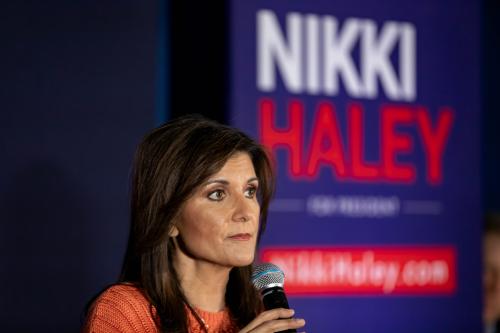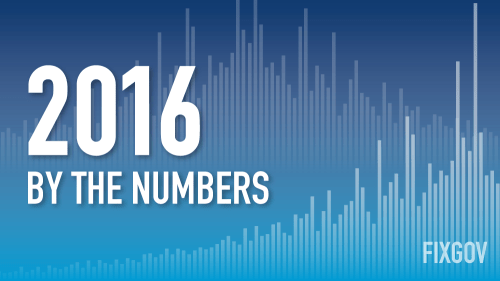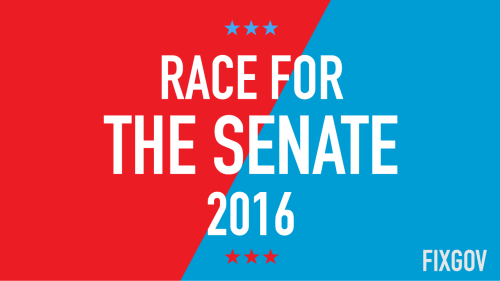To see more Elections101 videos, visit https://www.brookings.edu/elections101.
“Polls show Trump climbing. But he still has a narrow path to win.” “Hillary Clinton Regains Momentum Against Donald Trump: Poll.” “Poll shows Clinton ahead of Trump in Florida, but race getting closer.” “Poll: Clinton regains 5-point lead nationally.” These are headlines that were all run by reputable news sources on the very same day, illustrating just how pervasive—and confusing—political polls can be in an election year. Polls dominate the news, inform forecasting models designed to predict the outcome of an election, and spur discussion and debate across the electorate.
But are they accurate? In a new video, E.J. Dionne, Jr. tackles this question and offers advice to consumers of the seemingly constant news about polling results. As a political columnist and commentator himself, Dionne relies a great deal on public opinion polling, and his respect for this brand of social science was on display just this week when he hosted two leading pollsters—Democrat Stanley Greenberg and Republican Whit Ayres—in a discussion about the 2016 election. But, as he explains in the video below, it is essential to be a discerning consumer, asking yourself, for instance, who designs the sample of any given poll and whether respondents know anything about the questions being asked.
Watch the full video for more insight and tips about understanding political polls—a tool which Dionne contends is best used to challenge, not confirm, conventional wisdom.
The Brookings Institution is committed to quality, independence, and impact.
We are supported by a diverse array of funders. In line with our values and policies, each Brookings publication represents the sole views of its author(s).






Commentary
Should you believe the polls?
September 22, 2016